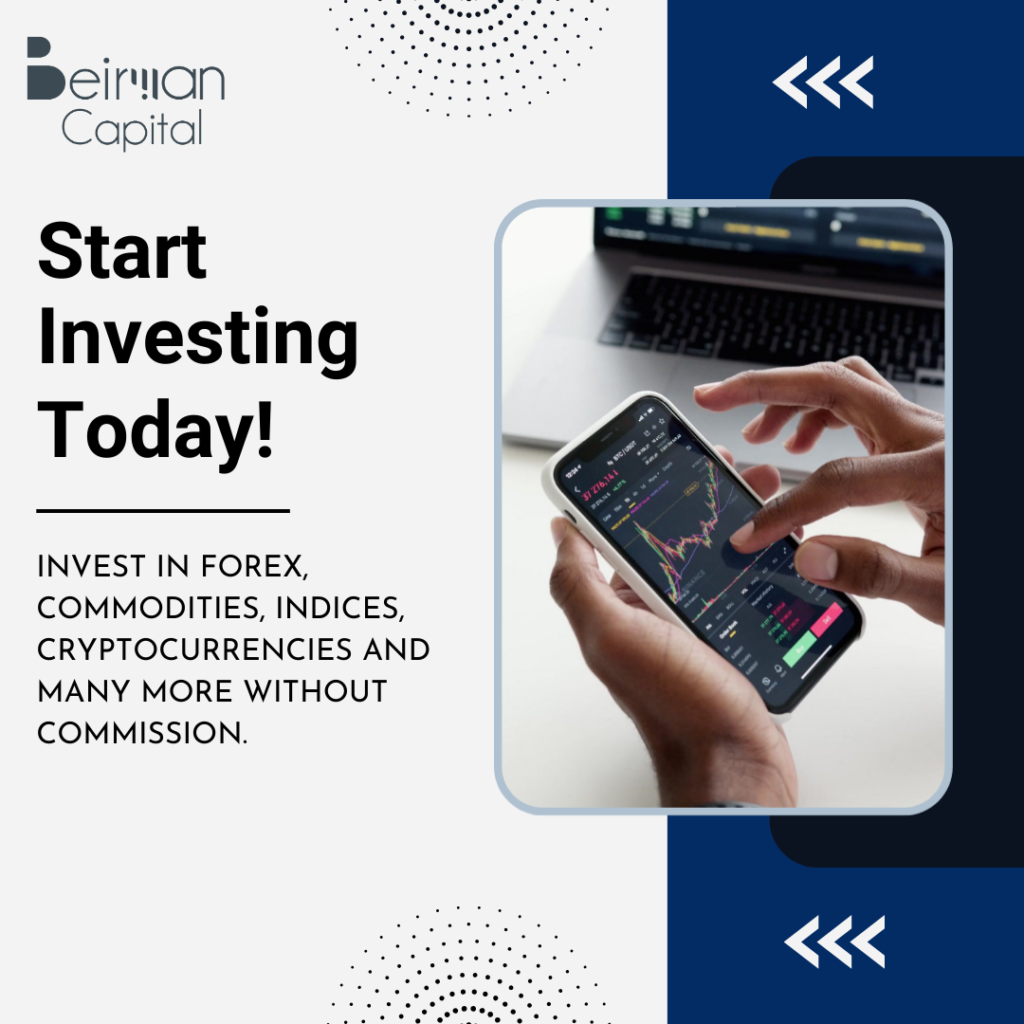Quant Trader Guide: Master Quant Trading Basics
Quant traders use mathematical models to identify trading opportunities. This Quant guide explores how to be a Quant trader, covering Quant trading benefits and limitations.
Table of Contents
Have you ever traded using statistics or numbers in trading?
Well, quantitative trading, also known as quant trading, is one of the most popular and must-try trading strategies among today’s financial professionals. Whether you are aiming to become a quant trader, a quant researcher, or planning to apply for quant internships, this guide will help you understand everything you need to know.
Want to learn more about it? This blog covers quant trading basics, how to be a quant trader, the advantages and disadvantages, and various career opportunities in quant finance jobs. So let’s get started.
What is Quant Trading?
Quant trading is a process of buying and selling financial instruments using quantitative data numbers derived from mathematical models, historical statistics, and algorithmic logic.
In the world of quantitative research, numbers tell the story. Price movement, volatility, and market conditions are interpreted through quantitative analysis to make high-probability trading decisions.
Quantitative trading is a professional, data-driven strategy used by top quant firms, hedge funds, and Prop trading companies. Many quant companies today use advanced algorithmic trading software, which is developed by quant engineers and quant traders themselves.
How to Become a Quant Trader
Wondering how to start quant trading? Here is a step-by-step procedure to practice quant trading:
1. Get Impeccable Knowledge
If you’re wondering how to become a quant, the first step is to build strong foundations in math, coding, and finance. Whether you’re preparing for 2026 quant internships or planning to work for quant firms, you’ll need a solid background in statistics, calculus, and programming.
Many professionals aspiring to enter quant trading opt for degrees like an MBA, Ph.D., or Master’s in quantitative finance, mathematics, or engineering.
To become a successful quant trader, you should be comfortable with data modeling, machine learning, and using tools like Python or R.
2. Determine Your Quant Trading Strategy
Once you’ve mastered the theory, it’s time to develop your quant trading strategy. It can be based on quantitative data, technical indicators, or a combination of both.
Your strategy should match your risk appetite, trading instrument (e.g., stocks, forex, or crypto), and preferred time frame. It’s important for every quant trader developer to define their goals clearly and ensure their model is scalable.
3. Buy or Develop Automated Software
Most quant traders today use pre-built or custom-made algorithmic trading software to execute trades. Whether you work at Quantave, a well-known tech-driven quant company, or are an independent quant trader UK based, automation is key.
If you’re planning to join one of the top quant firms, knowing how to develop and test your own trading platform is a major advantage. Many quant researchers also contribute to model development in collaboration with quant engineers.
4. Backtest Your Trading Plan
Building your quant trading system isn’t enough; it must be backtested using historical data. This helps identify if the strategy works under different market conditions.
Many quant interns are tasked with running backtests during their quant internships, as it forms the foundation of any model-based trading approach.
5. Start Trading or Apply for Quant Jobs
If you’re new, open a demo account to practice your strategy. Alternatively, apply for quant internships or quant jobs at quant firms, hedge funds, or proprietary trading firms.
Whether you’re a quant intern looking to gain experience or aiming to become a full-time quant trader, industry exposure is vital. The demand for quantitative research professionals and quant developer roles is high in 2026, especially in regions like the UK and US.

Benefits of Quant Trading
Quant trading provides many advantages, which is why quant finance roles are booming in 2026:
- Versatility: Applicable across asset classes—forex, commodities, indices, crypto, and more. It’s a go-to strategy used by quantitative analysts and quant traders alike.
- Logical Decision-Making: Decisions are based on quantitative data and statistics, reducing emotional errors.
- Technology Integration: Quantitative finance jobs often include using high-end tools, AI systems, and automated platforms.
- High-Frequency Trading: Ideal for executing multiple trades per day using pre-coded logic.
Risks of Quant Trading
Despite its popularity, quantitative trading comes with a few challenges:
- Ignores Qualitative Factors: Political, social, and economic events may not be reflected in the data-driven models.
- Complexity: Not suitable for beginners. Many quant trading professionals have advanced degrees and work experience in finance, statistics, or computer science.
Wrapping Up: Your Quant Guide
Whether you’re just exploring what is quant or already applying for quant finance jobs, mastering quantitative research can open doors to a rewarding career.
Quant trading is undoubtedly a good style to try with potential trading returns and diverse market applicability. The strategy works for both individual traders and investment or hedge managers.
However, detailed knowledge is a must to use this style. Also, traders should have a solid risk management and investment portfolio diversification plan to get maximum returns.
From being a quant trader developer to a quant researcher at top firms like Quantave or Renaissance Technologies, there’s massive scope in the field.
If you’re aiming to land a 2026 quant internship or want to practice trading independently, this quant guide has equipped you with all the essentials.
Want to Practice Quant Trading?
Open a demo account and start mastering professional strategies like quant trading, automated trading, and quantitative analysis with us.
FAQs
1. What is a quant trader?
A quant trader uses math, quantitative data, and automated models to make trading decisions, removing emotion from the equation.
2. Quant trader vs quant researcher?
A quant trader executes trades based on models, while a quant researcher focuses on developing and testing these models.
3. What is quant finance?
Quant finance is the application of math, stats, and computing to solve problems in trading, investing, and risk management.
4. What is quant trading?
It’s a form of trading where decisions are driven by algorithms, statistical data, and quantitative logic, not human emotion.
5. Quant trading vs algo trading?
Quant trading creates the model and strategy; algo trading uses that strategy for actual execution via programs.
Get Complete Forex Trading Assistance



